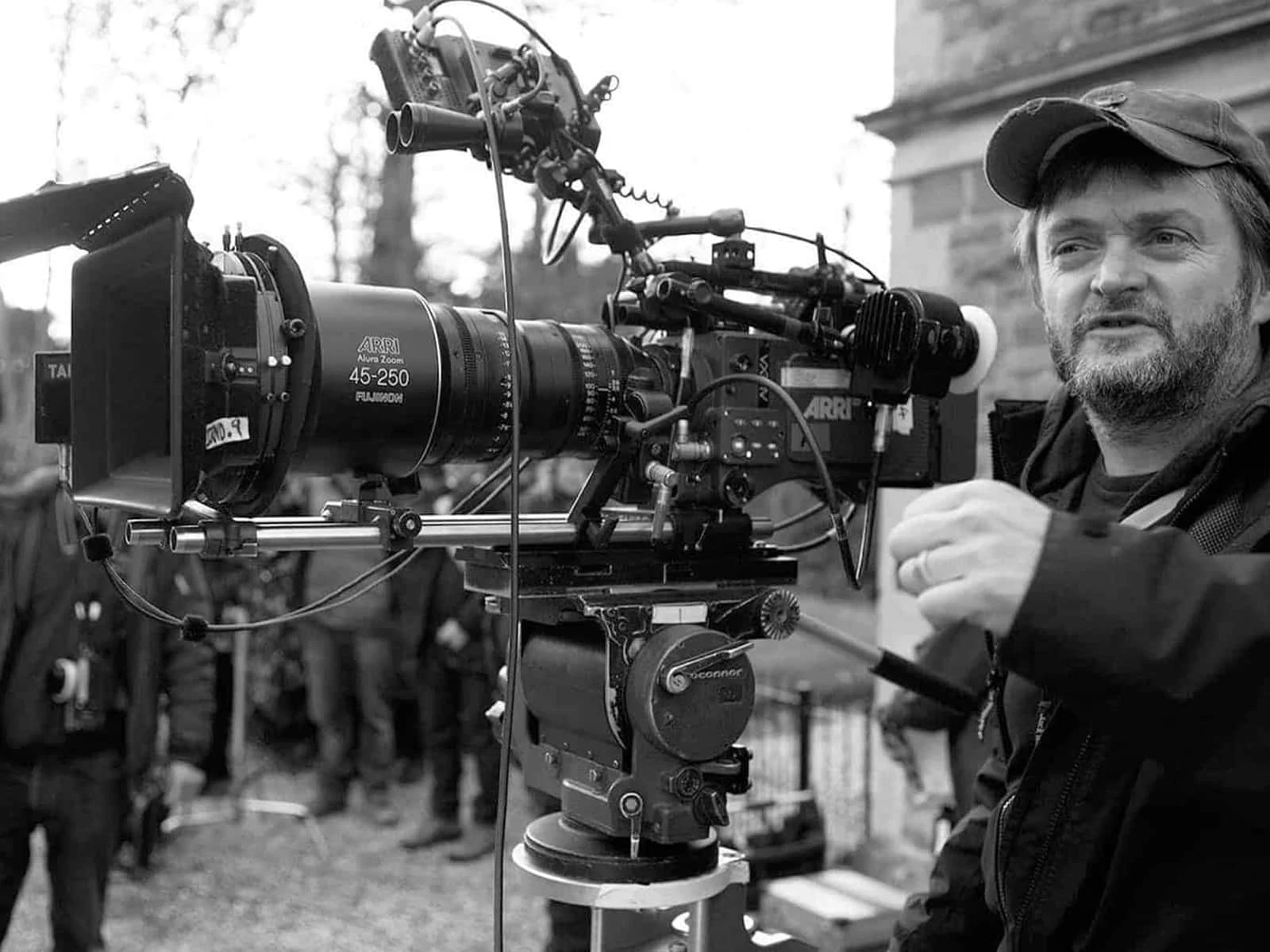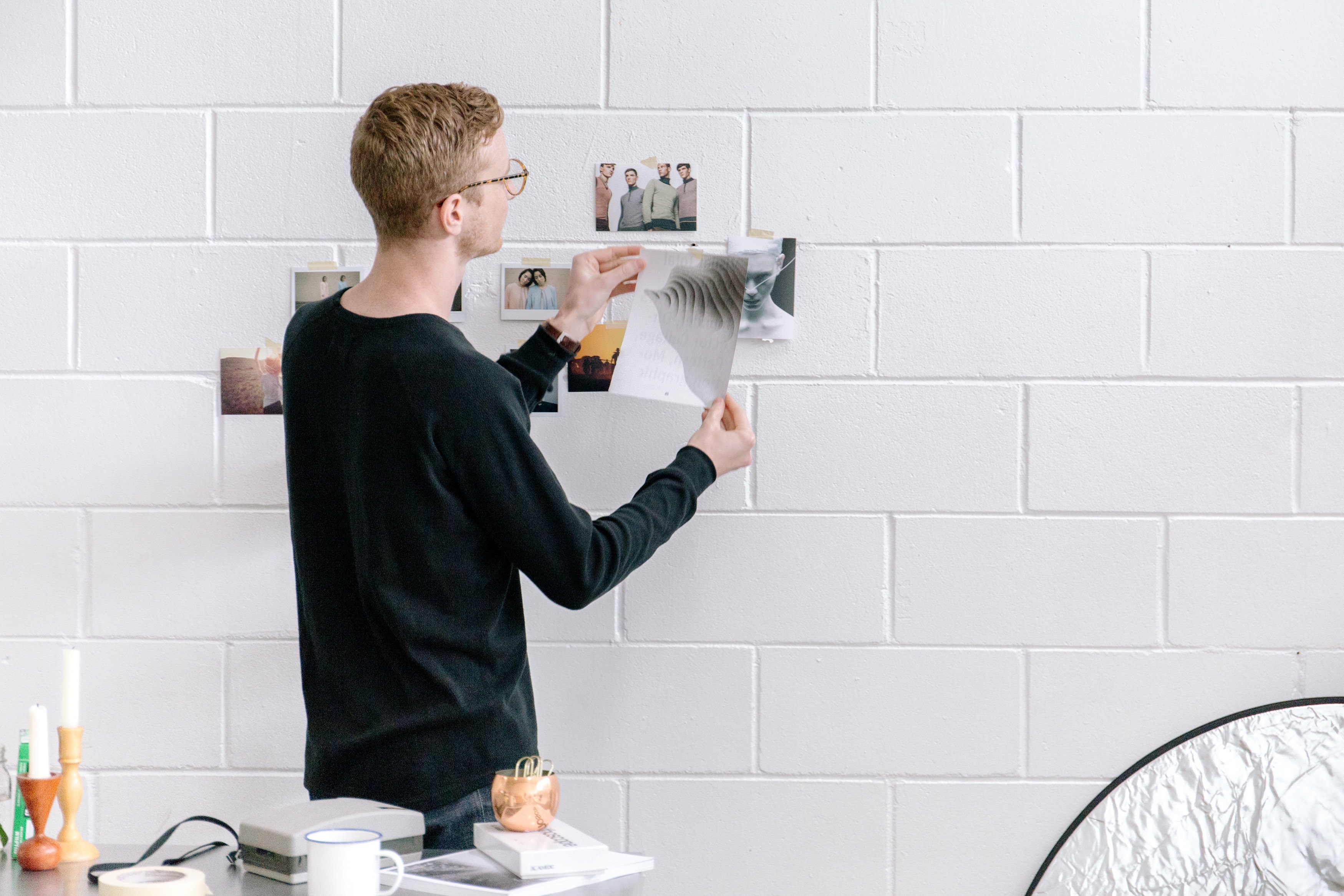More than three-quarters of UK film TV crew have felt unsafe at work or feared for a colleague’s safety, according to a Bectu survey that holds producers responsible for the welfare of all staff – including freelancers.
The union’s anonymous poll of 733 individuals found that 77.8% had had such concerns, while 67.6% said they were concerned that people are promoted to positions of responsibility without adequate experience or safety qualifications.
Long hours were a particular concern. Almost everyone – 96.3% - said they had recently worked a ‘normal’ day that lasted more than 10 hours, rising to 12 once travel was factored in.
Almost three-quarters - 72% - agreed or strongly agreed with the statement: “I am sometimes so tired, that I am concerned about my safety on the road travelling to and from work, and/or the possibility that I will work in an unsafe way.”
Bectu is now calling on the industry to commit to ensure that everyone working on a production has completed a Level 2 Production Safety Passport, and that everyone in a supervisory role has completed a Level 3.5 Passport.
Bectu commissioned the study in partnership with the Mark Milsome Foundation, a safety campaigning group set up in the memory of the eponymous camera operator, who was killed in 2017 when filming a car stunt in Ghana for BBC2 drama Black Earth Rising. Mark Milsome
Mark Milsome
‘Mark’s death serves as a poignant reminder of the critical importance of strictly adhering to health and safety guidelines,” said the Foundation’s chair, Samantha Wainstein.
“The Mark Milsome Foundation was established in his memory, and one of the core aspects of our mission is ensuring that no one on a film set dies for the sake of a shot again.
“This survey has gathered data on first-hand experiences from crew, allowing us to assess the progress in health and safety practices since our last survey and providing strong evidence that safety training for all is a necessary requirement. We are committed to advocating for safer sets until substantial and effective change is realised.”


